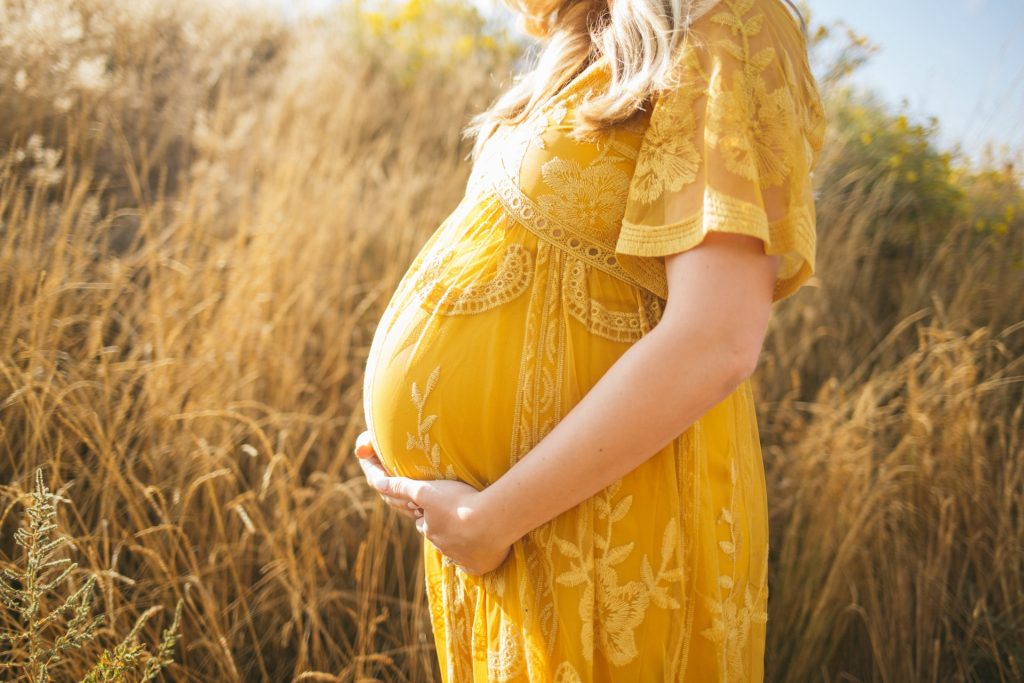
Low maternal vitamin D intake during pregnancy can affect the development of autism in the child along with various other factors, according to a new study from the University of Turku, Finland, and Columbia University, USA.
The study, published in the Biological Psychiatry journal, included 1558 cases of autism spectrum disorder (ASD) and an equal number of matched controls born in Finland between January 1987 and December 2004, followed up until December 2015.
Maternal vitamin D deficiency during pregnancy was linked to a 44% increased risk of ASD in the offspring, compared to women with sufficient vitamin D.
The result persisted even when accounting for maternal age, immigration, smoking, psychopathology, substance abuse, the gestational week of blood draw, season of blood collection, and gestational age.
“The results are significant for public health as vitamin D deficiency is readily preventable,” said first author, Professor Andre Sourander from the University of Turku.
In previous work, the researchers had shown that vitamin D deficiency is also associated with increasede ADHD risk in the offspring. The serum samples were collected before the national recommendation for vitamin D supplementation during pregnancy was introduced in Finland. The current recommendation for pregnant women is a daily supplement of 10 micrograms of vitamin D throughout the year.
“Vitamin D deficiency is a major global problem,” Prof Sourander remarked.
Source: University of Turku

